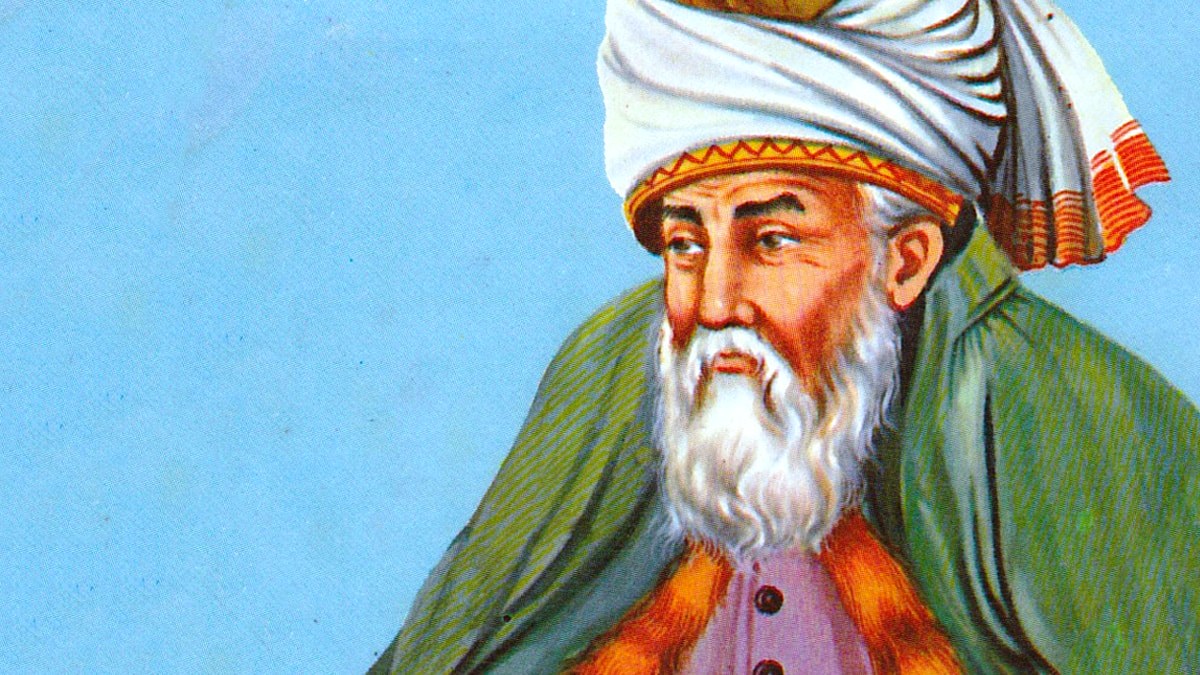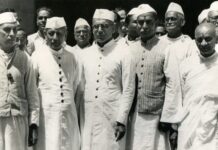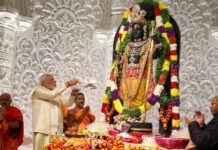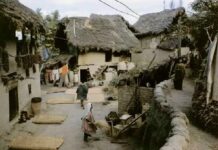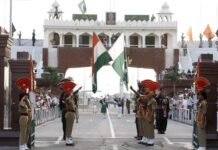Scholar SN Pandita reviews the just-released book, Kashmir- Before the Accession and After by noted Kashmir historian Prof Ratan Lal Hangloo, former vice-chancellor of the Allahabad University and Kalyani University

On August 15, 1947, India and Pakistan had their independence thrust upon them by the British in a somewhat urgent and not completely orderly manner. When suddenly independence came in a rush, both the countries were ill-prepared for the peaceful settlement of the many knotty problems that such a hasty settlement entailed.
Among the residual problems, perhaps, the most important that continues to sore the ties between the two countries even up to the present times is their dispute over Kashmir. Time has proved to be no healer and the record of the dispute has been a dreary succession of continuing crises with unabated acrimony that has led to several wars between the rival countries with, perhaps, no final word as yet.
Over seven decades have passed since the record of the continuing problem of Kashmir was first written. An examination reveals that the problem is no less complex, no less difficult and no more promising of solution than it was in 1947 when the problem first arose.
A New Book

To this sad story are dedicated an umpteen number of studies written over the past seven decades and more by scores and scores of authors, writers, experts and sometimes novices too, by way of books, reports, papers and articles in order to understand the Kashmir problem and in the hope to provide some clues to find a solution. To this grand league, another book that looks into the whole gamut of the issue is Kashmir- Before the Accession and After p-234; by Rattan Lal Hangloo published by Primus Books. It is a continuation with added complications of the old story while the problem remains unresolved.
Divided into seven chapters: The Kashmir Problem (Pre 1931); Kashmir Urges for Democratization (1931-1947); Kashmir in the Post-Independence Era (1947-1953); The Contemporary Crisis; Global Linkages of the Problem; Violence and Suffering and lastly the Conclusion, Hangloo the historian and academic administrator of eminence traverses most of the major literature written previously on the Kashmir issue. As his sources are open and authentic, the work offers a complete recipe on one platter. The book assumes further importance for the reason that it takes the reader in a cascading sequence to understand the turns and twists of the Kashmir issue.
The quotations quoted as preambles in some chapters while reflecting the author’s tilt to understand the issues from a Kashmir-centric point of view, however, do not give allowance to the greater question of India’s geostrategic concerns.
But nonetheless, the entire essay in the book dwells on the minds and manners of the main protagonists who have contributed to the complexity of the Kashmir problem. The author, hence, has left it for the readers to draw their own conclusions to segregate the saints from the sinners among the protagonists of this mess. The book thus leaves the question quite open about who created the problem without exploring what possibly can bring a solution to the vexing problem except for a word in the passing emphasising the way of dialogue among the contesting parties even as the whole book documents the saga of failed parleys that were intended to find a solution.
Although the book is largely reliable in chronology, information and data it provides, some inadvertent and casual inaccuracies have crept in here and there. However, these isolated flaws in no way undermine the authenticity of the narrative text.
From the facts and data analysed in the book, it is unlikely that any new perspective of the problem gets defined, but it offers a very handy resource to view the problem with easy and greater clarity on account of the use of credible references available in the extant literature.
Scanning The Background
The book also scans the foreground and the background of the Kashmir issue with sufficient sway and provides the reader with the author’s competent understanding of the subject dealt with therein. While exploring all the ingredients of the problem and the wide web of ramifications, it also gives the reader a bird’s eye view of the crests and troughs through which the imbroglio has passed or is likely to pass. Yet in retrospect, it, however, falls short of the recipe for a tangible solution.
The book, as may be hoped, can serve the scholars and Kashmir watchers as a handy resource to explore the fine complexities of the issues in a lucid manner without, however, adding any to the already messy political labyrinth and the political fall-out of the problem.
Perhaps, the real cause of all bitterness and bloodshed that have characterised the Kashmir problem comes candid in Josef Korbel’s insightful words that the dispute is an “uncompromising and perhaps uncompromisable struggle of two ways of life, two concepts of political organization: two scales of values, two spiritual attitudes that find themselves locked in a deadly conflict; a conflict in which Kashmir has become both a symbol and battleground”.
A Clear Insight
In recording this contemporary genesis, Rattan Lal Hangloo, who is eminently qualified to do so, has presented an accurate and impartial account of Kashmir’s tangled political saga, which makes the book a significant and important contribution to the already extant literature in this critical area of study.
The inferences drawn by him provide immutable guidelines for a new effort to understand the issue from myriad perspectives that time, unfortunately, has only aggravated.
This book provides a clear insight into the genesis of the Kashmir problem. Indeed it is a unique source on the subject and no one previously has left a similar concise first-hand account of this intractable political dispute that, till now, has defied a categorical and lasting solution.
For a more realistic appraisal of the dispute, one needs to rely on an author whose authenticity and impartiality are a byword. Rattan Lal Hangloo eminently fits this requirement and his book is indispensable for understanding the origins and nature of this dispute.
From this consideration, the book is assured to have a deserving scholarly reception and a rewarding commercial journey too.
It is a very interesting account and contains an elaborate and authentic discussion on varied aspects. It has been written in a probing, painstaking perspective mind and is in many ways, a pioneering work of considerable merit based on an extensive source base. In this book, the story moves brilliantly and with pleasant space, which clearly demonstrates the abundance of work on the Kashmir problem that had gone unnoticed at the hands of scholars until this book landed on the market.

The book determines the typical aspects that open up modestly in the text on various aspects of social life and the way these impacted the Kashmiris. The author blends a fascinating variety of ideas surrounding the life of Kashmiris and demonstrates along the way both substantial written research materials and imaginative use of important oral details and the result is a revelatory distillation of the wisdom and a vision of a mature and knowledgeable scholar.
From this consideration, the book is assured to have a deserving scholarly reception and a rewarding commercial journey, too. It deserves a careful reading by all serious Kashmiris because many of them find it a great teaching tool for their lives and valuable addition to their knowledge.
(A Bodleian Reader, independent writer and researcher, SN Pandita, the reviewer, loves to read but labours to write. Author of several books and scores of research papers, his work on the interface of scholarship between the West and Kashmir during the Dogra Period is a pioneering study in a new field of Kashmir studies. An avid collector of books and documentary antiquities of Kashmir, he is Secretary, NS Kashmir Research Institute, New Delhi.)



